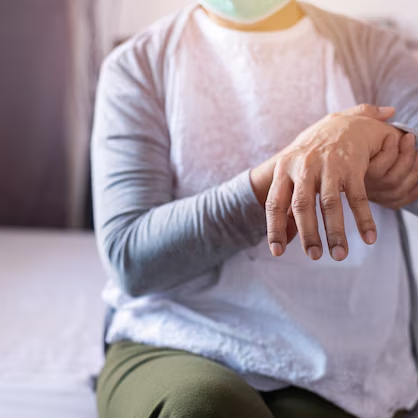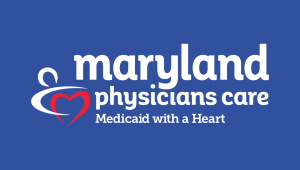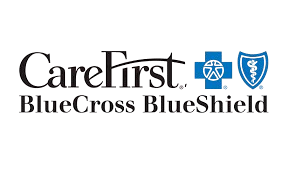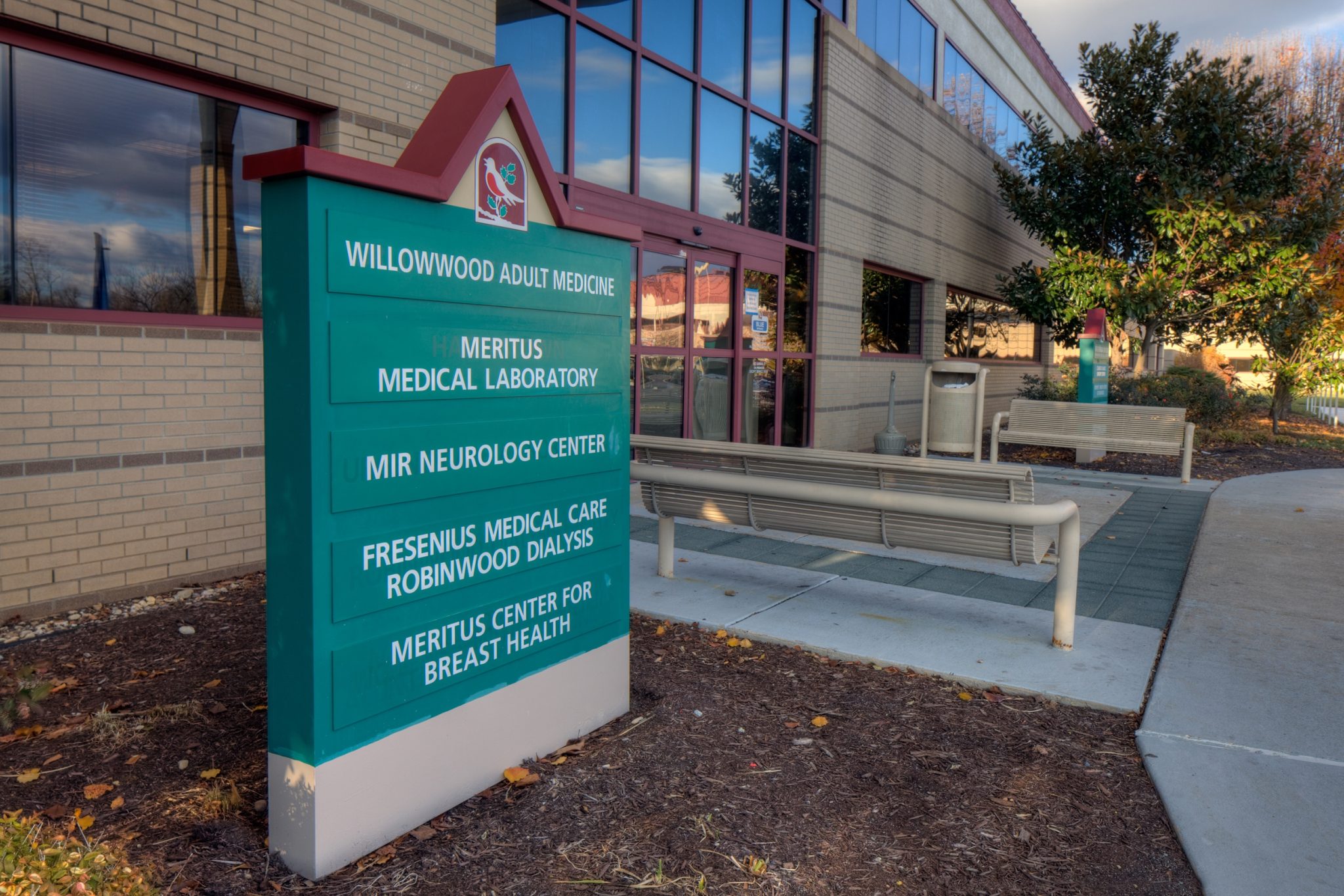We're Hiring! Join Our Team as a Nurse Practitioner - Apply Now. to Make a Difference in Patient Care!
Tremor

Tremor Treatment and Management Services
A tremor is an involuntary, rhythmic shaking or oscillation of a part of the body, often affecting the hands, arms, head, or legs. While tremors can be caused by a variety of conditions, they are typically a symptom of an underlying neurological disorder. Tremors can vary in severity, from mild and intermittent to severe and persistent, impacting a person’s ability to perform daily tasks and affecting their quality of life. Our clinic offers specialized care for individuals experiencing tremors, focusing on accurate diagnosis, personalized treatment options, and comprehensive management strategies to help improve functional abilities.
What is a Tremor?
A tremor is defined as an involuntary, rhythmic muscle movement that causes shaking in one or more parts of the body. Tremors can occur at rest, during movement, or while holding a position, depending on the underlying cause. The most common tremors are:
- Resting Tremor: Occurs when the affected body part is at rest and is most commonly seen in conditions like Parkinson’s disease.
- Action Tremor: Occurs during voluntary movement, such as when reaching for an object. This is typically seen in essential tremor and some other conditions.
- Postural Tremor: Happens when holding a position against gravity, such as when extending the arms.
- Intention Tremor: Occurs during purposeful movement, usually when approaching a target, and is commonly seen in conditions like multiple sclerosis.
The severity and frequency of tremors can vary from person to person, and tremors may interfere with activities like writing, eating, or walking.
Causes and Risk Factors
Tremors can be caused by a wide range of neurological and medical conditions. The most common causes include:
- Essential Tremor: This is the most common type of tremor, characterized by rhythmic shaking that typically affects the hands and arms but may also involve the head, voice, or legs. The exact cause is unknown, though it often runs in families, suggesting a genetic link.
- Parkinson’s Disease: Resting tremors are one of the hallmark symptoms of Parkinson’s disease, a progressive neurological disorder that affects movement. In Parkinson’s disease, tremors are often accompanied by rigidity, bradykinesia (slowness of movement), and postural instability.
- Multiple Sclerosis (MS): MS is an autoimmune disease that affects the central nervous system and can cause tremors, especially intention tremors, where the shaking becomes more noticeable when performing tasks that require fine motor skills.
- Cerebellar Disorders: Conditions that affect the cerebellum, the part of the brain responsible for coordinating movement, can lead to tremors. These tremors are often intention tremors.
- Stroke: A stroke or transient ischemic attack (TIA) can result in tremors if the affected area of the brain controls motor function. Tremors may occur on the side of the body opposite to the stroke.
- Medications: Certain medications, such as those used to treat asthma, depression, or neurological conditions, may cause tremors as a side effect.
- Hyperthyroidism: Overactive thyroid can result in tremors, usually a fine shaking of the hands.
- Alcohol or Drug Withdrawal: Withdrawal from alcohol or drugs, especially in cases of chronic use, can lead to tremors.
Some risk factors include advanced age, a family history of tremors, and certain lifestyle factors like excessive alcohol use.
Symptoms of Tremor
The symptoms of tremors can vary depending on the type and underlying cause. Common symptoms include:
- Shaking Movements: This is the most characteristic symptom, affecting the hands, arms, legs, head, or voice.
- Difficulty with Fine Motor Skills: Tremors can interfere with tasks that require precision, such as writing, buttoning a shirt, or holding a utensil.
- Increased Tremor with Stress: Tremors often become more pronounced during times of stress, anxiety, or fatigue.
- Tremors at Rest or During Movement: Depending on the type of tremor, it may occur when the body is at rest (resting tremor) or when making purposeful movements (action tremor).
- Interference with Daily Activities: Tremors can make it difficult to perform simple activities like eating, dressing, or carrying objects.
Diagnosis of Tremor
Diagnosing the cause of tremors involves a thorough assessment by a healthcare provider. Our diagnostic approach includes:
- Medical History Review: Understanding the onset, pattern, and frequency of the tremors, as well as any associated symptoms or conditions.
- Physical and Neurological Examination: A detailed exam to assess the tremor, including its type (resting, action, postural, or intention), its severity, and whether it affects one or both sides of the body.
- Blood Tests: To check for underlying conditions such as thyroid problems or metabolic issues that could contribute to tremors.
- Imaging Tests: Brain imaging, such as MRI or CT scans, may be recommended to rule out structural causes, such as brain lesions, stroke, or tumors.
- Genetic Testing: In some cases, genetic testing may be used to diagnose hereditary tremors, especially in cases of essential tremor.
A clear diagnosis of the underlying cause of the tremor is crucial for determining the most effective treatment options.
Treatment Options for Tremor
Treatment for tremors depends on the underlying cause, the type of tremor, and its severity. Our clinic offers a range of treatment options to help reduce tremors and improve daily functioning:
1. Medications
- Beta-Blockers: These medications, such as propranolol, are often used to treat essential tremor and can help reduce the intensity of tremors.
- Anti-Seizure Medications: Drugs like primidone can help manage essential tremor by stabilizing nerve activity.
- Dopamine Agonists: For tremors caused by Parkinson’s disease, medications such as levodopa or dopamine agonists can help improve motor function and reduce tremors.
- Tranquilizers and Antidepressants: These may be used to address tremors that are related to anxiety or stress.
- Botox Injections: In cases of head or voice tremors, botulinum toxin (Botox) injections may help relax the muscles and reduce tremors.
2. Physical and Occupational Therapy
Physical therapy can help improve coordination, balance, and motor skills, while occupational therapy focuses on techniques and tools to help patients with daily tasks despite tremors. Assistive devices, such as special utensils or writing aids, can also make it easier to perform everyday activities.
3. Deep Brain Stimulation (DBS)
For patients with severe tremors that do not respond to medications, deep brain stimulation (DBS) may be considered. This involves implanting a device in the brain that sends electrical impulses to specific brain areas to reduce tremor symptoms, commonly used for Parkinson’s disease-related tremors.
4. Lifestyle Adjustments
Stress management, adequate sleep, and avoiding triggers like caffeine or alcohol can also help reduce tremor severity. A healthy diet and regular exercise may further improve overall health and reduce the impact of tremors.
Why Choose Our Tremor Treatment Services?
- Expert Diagnosis and Care
We offer a comprehensive evaluation to determine the underlying cause of tremors and create a customized treatment plan tailored to each patient’s needs. - Comprehensive Treatment Options
Our clinic provides a wide range of treatment options, including medications, therapies, and advanced procedures like deep brain stimulation, to effectively manage tremors. - Personalized Support
We understand that living with tremors can be challenging, and we offer ongoing support to help patients improve their daily functioning and overall quality of life. - Multidisciplinary Team
Our team of specialists, including neurologists, therapists, and support staff, work together to provide the highest level of care for patients with tremors.
Contact Us for Tremor Treatment
If you or a loved one is experiencing tremors, contact our clinic today to schedule a consultation. We are here to help you manage your symptoms and improve your quality of life. Let us support you on your journey to better health and well-being.

























